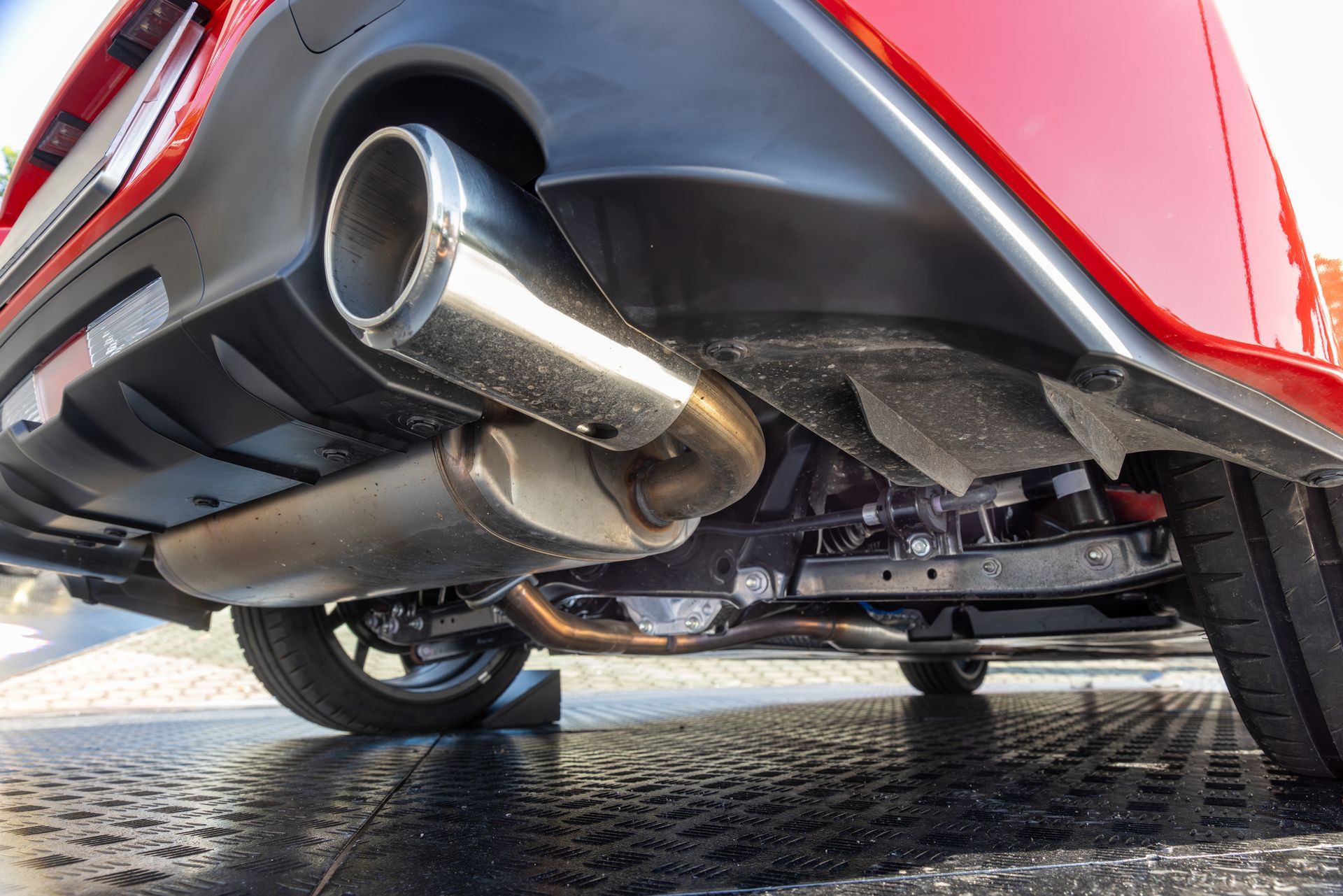Emissions Testing in Florida: History, Policies, and Future Outlook

Each U.S. state has unique requirements for maintaining vehicle emissions standards. Florida, known for its sunny weather and bustling roads, has distinct regulations that often spark curiosity among residents and visitors alike.
If you’ve been wondering, “Does Florida have emissions testing?” you’re in the right place. This article explores Florida's emissions testing policies, why they exist (or don’t), and how they impact drivers across the state.
Does Florida Have Emissions Testing?
The short answer: Florida does not currently have emissions testing requirements.
This policy sets Florida apart from states like California or New York, where emissions testing is a standard part of vehicle ownership. Let’s dive into the reasons behind this decision and how it affects Floridians.
A Brief History of Emissions Testing in Florida
Emissions testing was once part of vehicle inspections in Florida. Between 1991 and 2000, certain counties in the state required testing to meet federal air quality standards.
The program aimed to reduce air pollution by ensuring vehicles emitted lower levels of harmful gases.
However, in 2000, then-Governor Jeb Bush eliminated emissions testing statewide. The decision was based on several factors:
- Cost Inefficiency: The program was expensive to maintain and present challenges in scalability.
- Improved Air Quality: Technological advances in vehicle manufacturing have already led to lower emissions levels, rendering the program less critical.
- Federal Compliance: By 2000, Florida had met federal air quality standards, reducing the necessity for a statewide emissions program.
Why Doesn’t Florida Require Emissions Testing?
Florida's geography and policies contribute to its decision not to mandate emissions testing. Here’s why:
Flat Terrain and Weather Conditions: Florida’s flat topography and warm climate help vehicles operate efficiently. Cold climates often lead to increased emissions due to prolonged engine warm-up times.
Advancements in Vehicle Technology: Modern cars are equipped with advanced emissions control systems, which significantly reduce pollution. This makes widespread testing less necessary than it was decades ago.
Federal Compliance Without Testing: Florida has managed to maintain compliance with the Clean Air Act without reinstating emissions testing. Efforts to curb industrial pollution and promote cleaner fuels have supported air quality goals.
Economic Considerations: Mandating emissions testing statewide would impose additional costs on residents and the government, which may yield fewer environmental benefits given current pollution levels.
Potential Benefits and Drawbacks of Emissions Testing in Florida
While Florida doesn’t require emissions testing, introducing it could have positive and negative impacts.
Benefits
- Improved Air Quality: Testing could reduce the number of high-emission vehicles on the road, improving air quality.
- Environmental Awareness: Encouraging eco-friendly vehicle maintenance could boost awareness about reducing pollution.
Drawbacks
- Cost for Drivers: Testing fees could become an additional expense for Florida residents.
- Administrative Burden: Setting up and managing testing facilities would require significant resources.
- Limited Necessity: According to state and federal standards, current pollution levels don’t justify the immediate need for emissions testing.
Are There Alternatives to Emissions Testing in Florida?
While emissions testing isn’t required, Florida does emphasize environmental initiatives to control pollution:
- Vehicle Inspection for Safety: Although not mandatory, private vehicle inspections are available to ensure safety and performance, indirectly supporting reduced emissions.
- Promotion of Electric and Hybrid Vehicles: The state promotes the purchase of electric and hybrid cars by offering tax breaks and rebates, which lowers emissions overall.
- Public Transportation Investments: By improving public transportation options, Florida aims to decrease the number of vehicles on the road, further contributing to cleaner air.
- Awareness Campaigns: Educational programs emphasize vehicle maintenance to keep emissions low, encouraging drivers to check and maintain their cars’ systems regularly.
Conclusion
Florida stands out as one of the states without mandatory emissions testing, a policy rooted in historical decisions and current technological advancements.
While emissions testing may not be on the horizon for Florida drivers, the state continues to prioritize air quality through alternative measures. As vehicle technology evolves and environmental concerns grow, Floridians may see future emissions policy changes.
For now, drivers can focus on maintaining their vehicles and contributing to a cleaner environment without the additional burden of emissions tests.
FAQs
How much is a concussion worth in a car accident settlement?
Settlement amounts vary based on injury severity, medical expenses, lost wages, and other factors. On average, settlements can range from $20,000 to over $100,000.
What factors affect the concussion settlement amount?
Key factors include the injury’s severity, medical costs, lost income, pain and suffering, and whether you were partially at fault.
Do I need a lawyer for a concussion settlement?
A personal injury attorney can guide you through insurance company negotiations and help you present a compelling case, frequently resulting in a larger settlement.
How long does it take to settle a concussion claim?
The timeframe varies; some cases settle within a few months, while more complex cases, especially if they go to trial, can take over a year.
Can I file a concussion claim if I was partially at fault?
Sure, but depending on how much you were at fault, your compensation might be lower. A lawyer can help you understand how fault laws in your state affect your claim.










